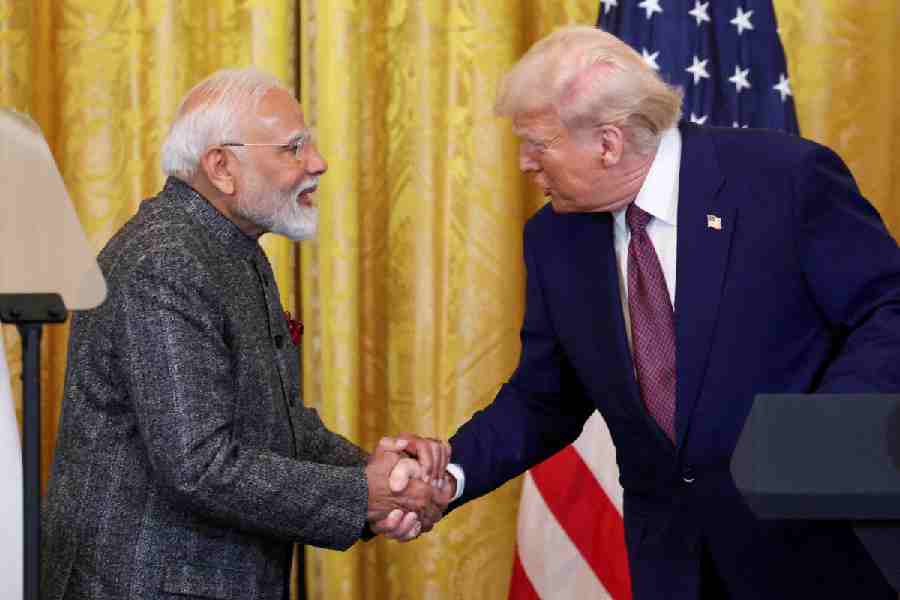Ever since #MeToo went viral in October last year and hitherto silent women began to complain freely about sexual subjugation by men in power, it struck me powerfully that a vital part of school education has been grossly neglected. On reflecting, I wondered why Harvey Weinstein's 'feats' were such a surprising revelation. This is an age-old story of people in positions of power exploiting women and, yes, men too. Also, most people have experienced the 'colourable exercise of office', which compels them to gratify those in 'high places'.
Sexual advances, harassment or assault, however, can happen to ordinary people by ordinary people in ordinary circumstances. Although it is mostly girls and women who fall prey to sexual molestation, it can happen to vulnerable young boys and men too. In view of such dangers and of the abundant exposure of today's children to all kinds of visual stimuli, pornography, 'sexting', and their own personal experiences, it has become imperative for schools to take up sex education seriously.
As it stands now, schools do not seem to be doing much. Sex education is usually limited to teaching small children about 'good' and 'bad' touch, explaining 'growing up' to older children in terms of bodily changes, and delivering lessons on the reproductive system (and, perhaps, sexually transmitted diseases) to seniors. Some moral science teachers exhort children to refrain from sex before marriage. This is hopelessly inadequate today. Children must be encouraged to explore the nature of different kinds of relationships and express their own feelings about them. They must be able to recognize abusive and exploitative relationships — not necessarily physical.
Sensitive friendship issues have always cropped up in school and troubled children have often confided in their teachers. Misunderstanding between best friends, close groups breaking up and now feuding via social media are part of life. These are complex issues, which require skill and training to address. But teachers and parents should try to keep communication channels open and make children feel comfortable about expressing their feelings and talking about their woes. An important question that should be asked is, 'What makes a healthy relationship?' Children will soon realize that boundaries are perhaps desirable in all relationships where neither person's personal freedom is affected and both are able to have different interests and friendships. Sometimes only outsiders can see an 'all-consuming' relationship where the dominant friend takes over the life of his or her friend. Sometimes the latter yields quite willingly and at other times the weaker person feels entrapped but is unable to escape. Healthy, mutually respectful relationships are required in order to lead a rich and happy life. An unhealthy, over-intense relationship can indeed be crippling and tends to erode one's objectivity, whereas a healthy relationship between two people allows both to think independently while drawing strength from each other.
It is impressive to see the stand taken by the United Kingdom with regard to sex education. Their Sex Education Forum and PSHE (Personal, Social, Health and Economic Education) platform came together to produce a supplementary document, Sex and Relationship Education. It was widely felt that the last prescription of year 2000 was quite outdated. In the new document, age-appropriate information about a growing child's body and bodily changes is imparted; sex, sexuality and unsafe sexual activities are also discussed. Most importantly, the whole issue of different kinds of relationships is addressed at length. Practical suggestions and information about where to seek help if a person feels troubled or runs into trouble are given.
Today we hear of abusive parents who even engage in shocking economic transactions by allowing their children to be exploited. I remember the redoubtable Sister Cyril carrying out innumerable interviews with hundreds of schoolgirls some years ago, revealing to school principals and teachers that even in 'respectable' families abusive relationships existed in plenty but people generally kept quiet as they did not want any social scandal - after all, the family name had to be protected.
School counsellors often come to the rescue of abused children. But for a constructive approach to this vital issue, schools must allow time in their weekly schedule for sex and relationship issues to be taken up in a practical manner. And this should go beyond mere physicality. Schools should not wait for a court ruling or instructions from boards or the government to take this initiative as this is to do with our children's health and well-being.
Returning to #MeToo, I must mention that in its wake the Calcutta police have started an admirable initiative. They have begun addressing schoolboys regarding their attitude towards and behaviour with girls. It is high time that proper sex and relationship education was imparted to boys — they need it even more urgently than girls.












